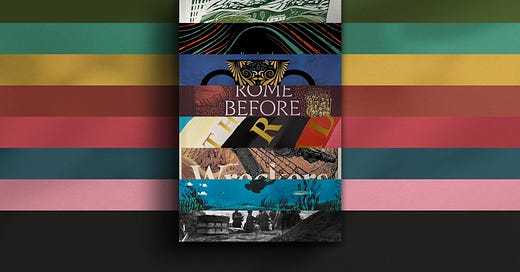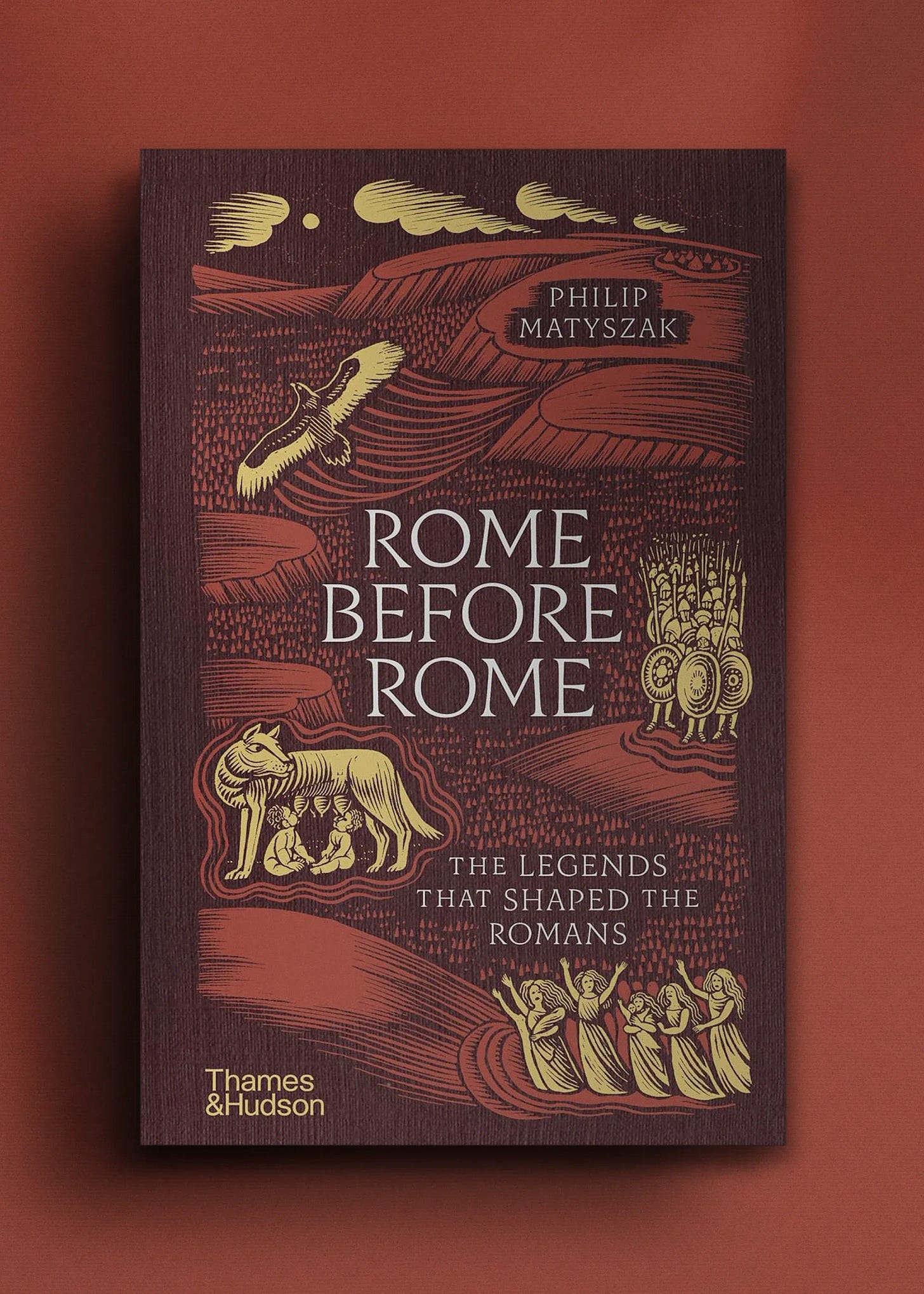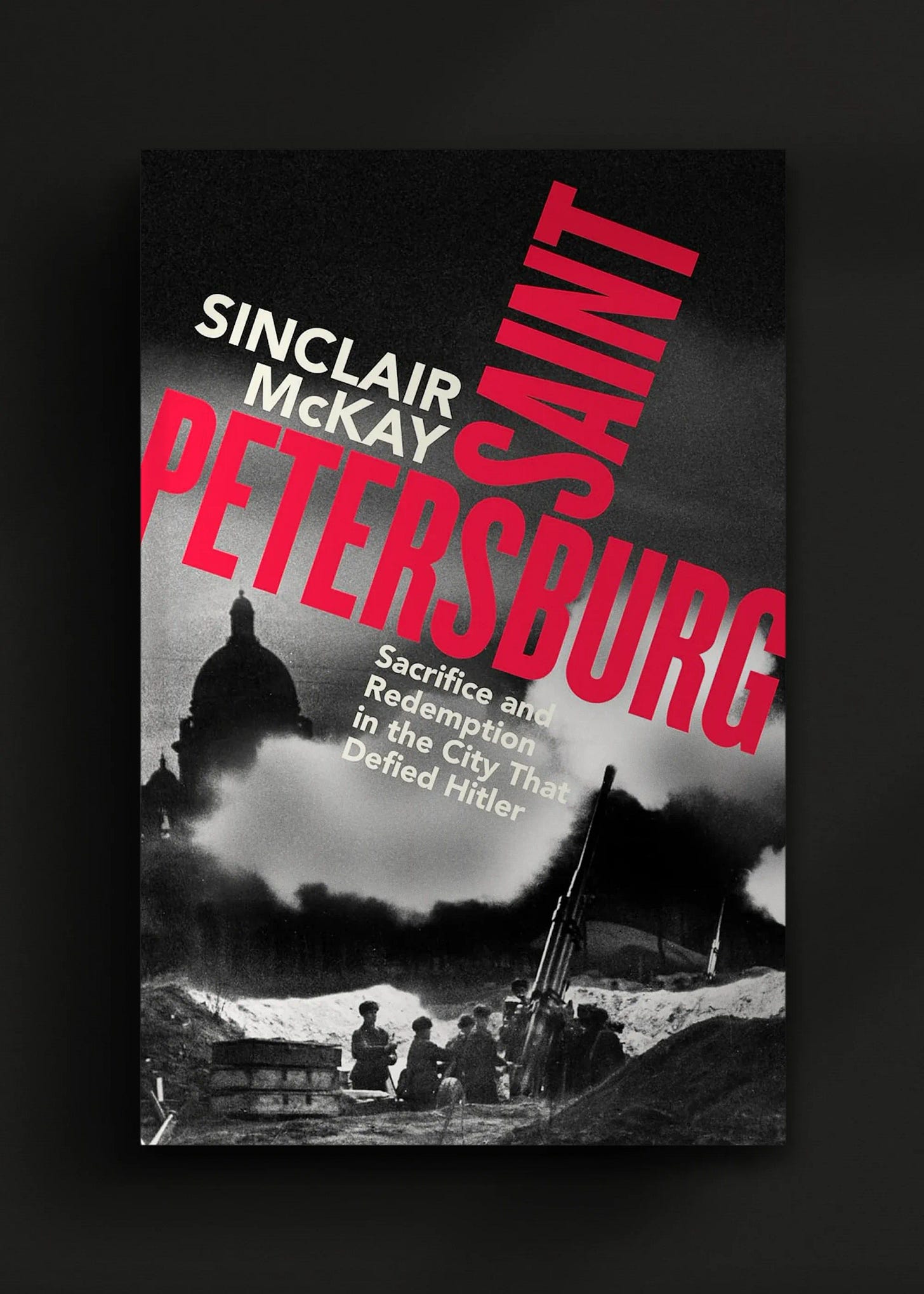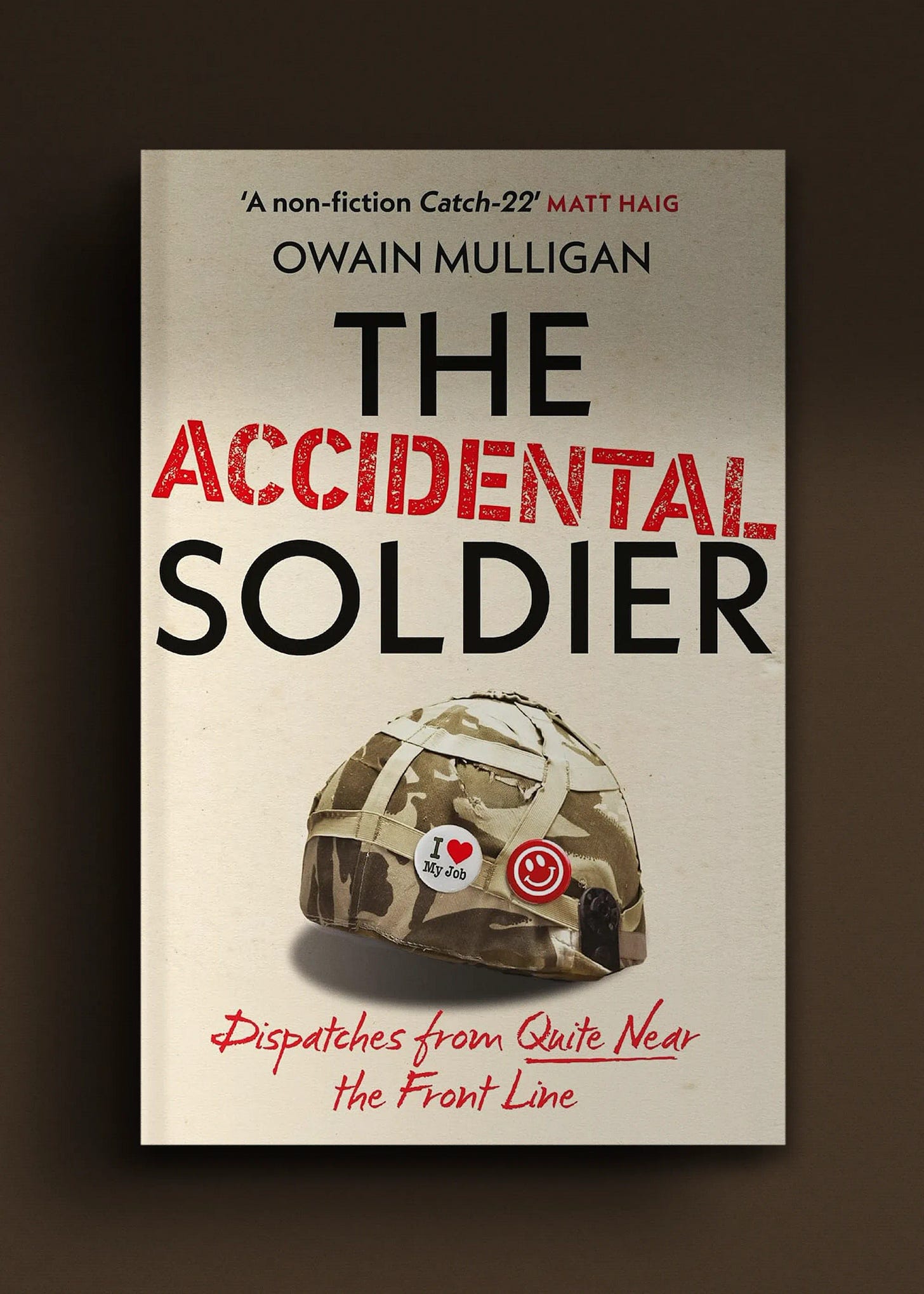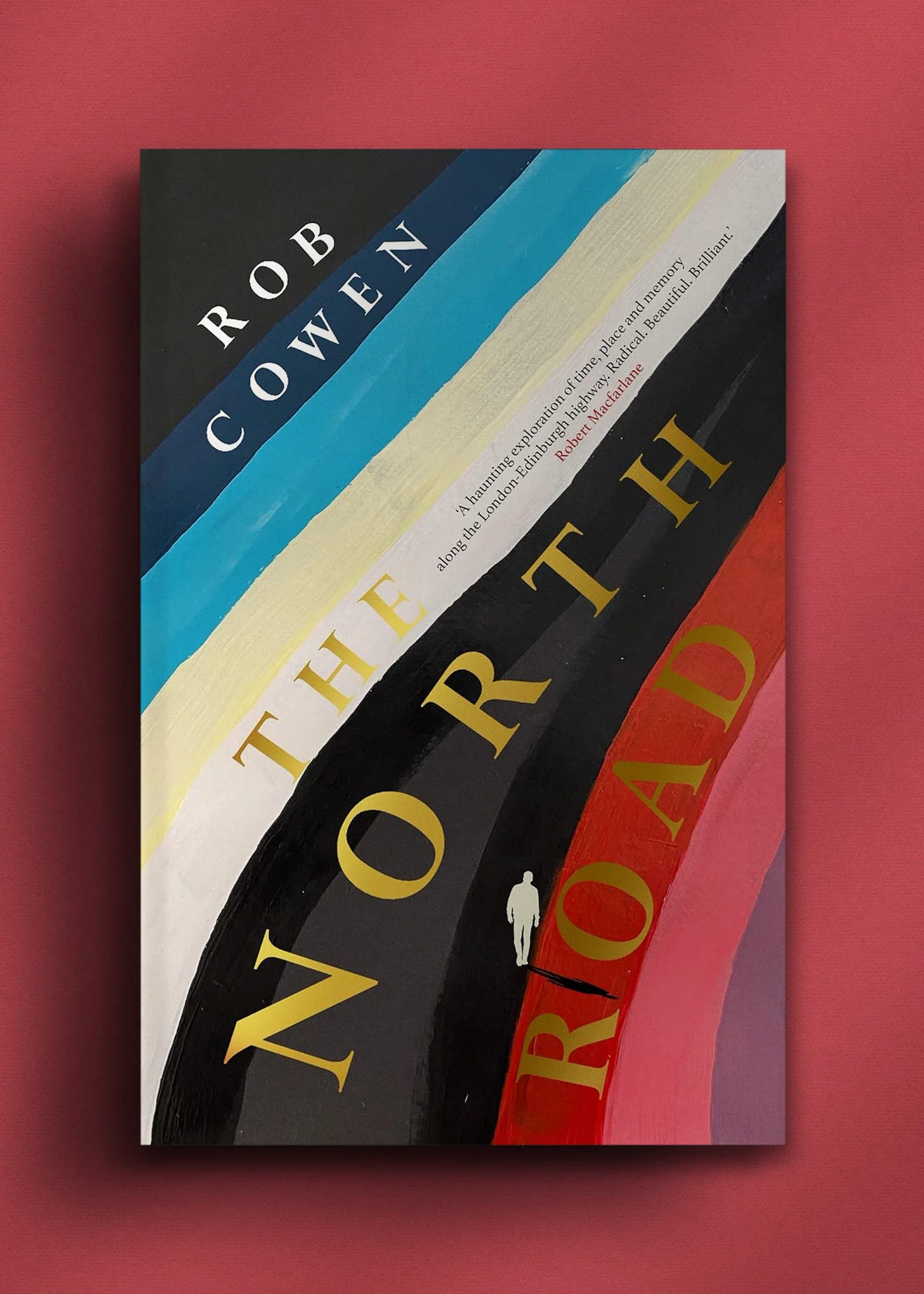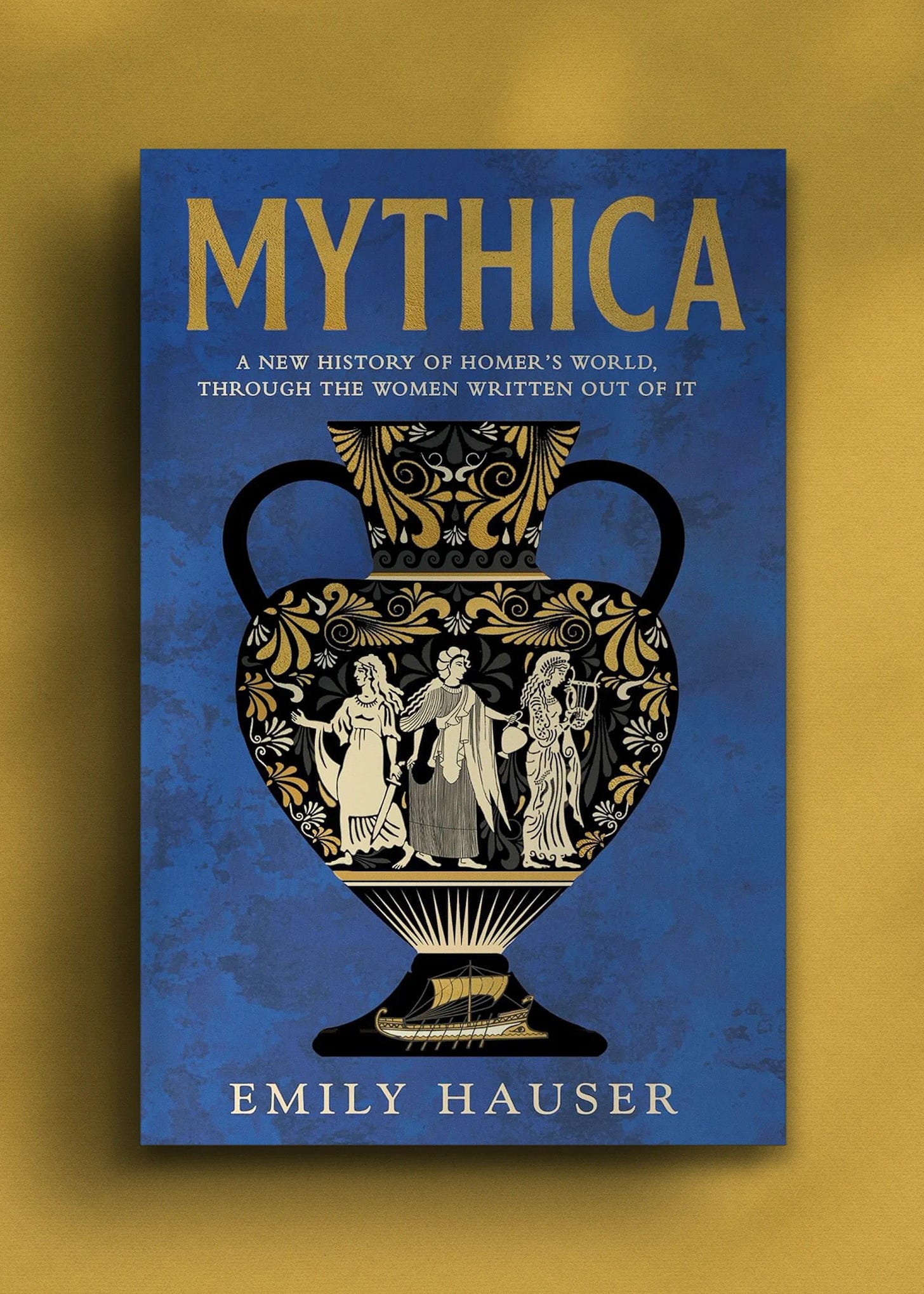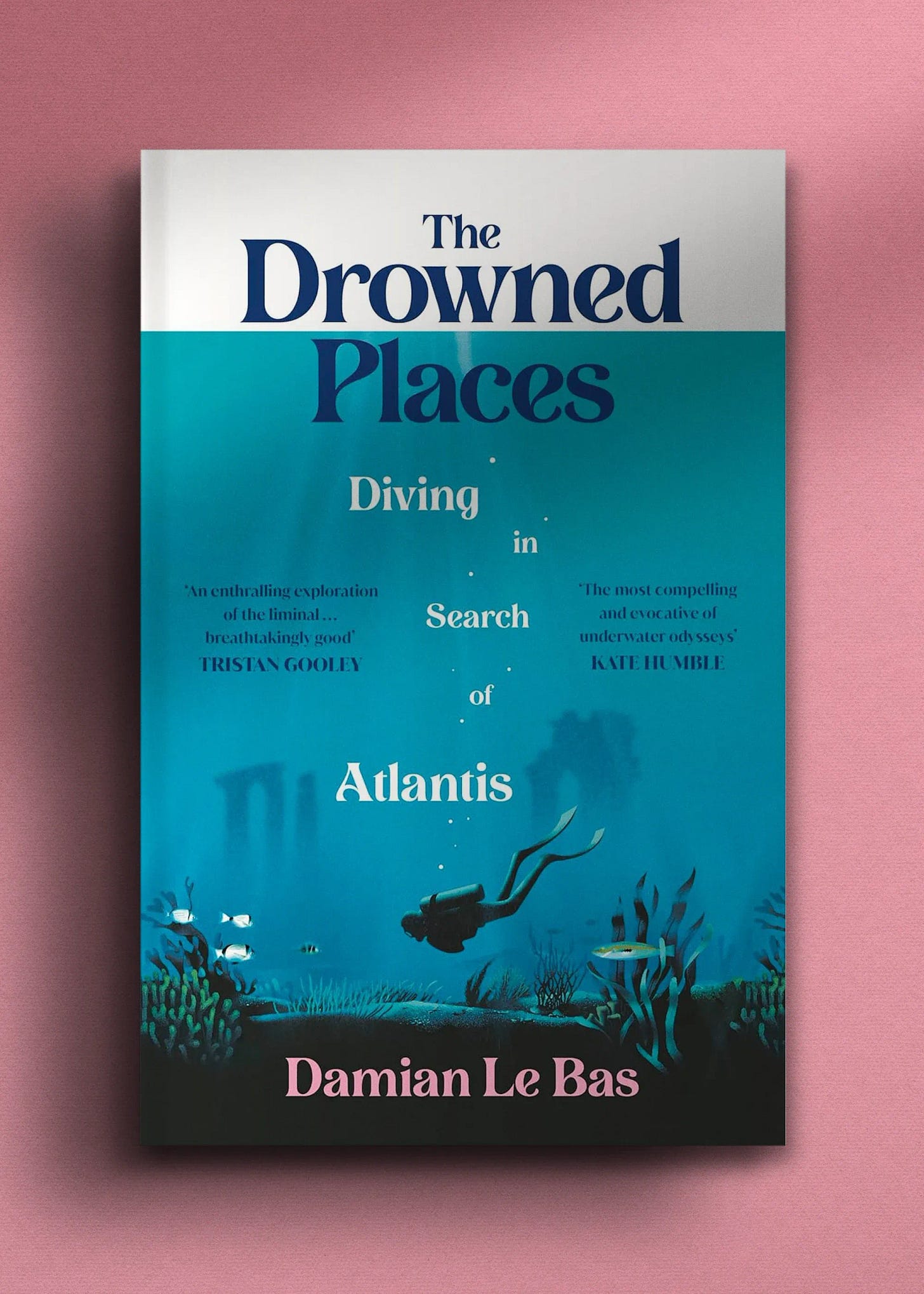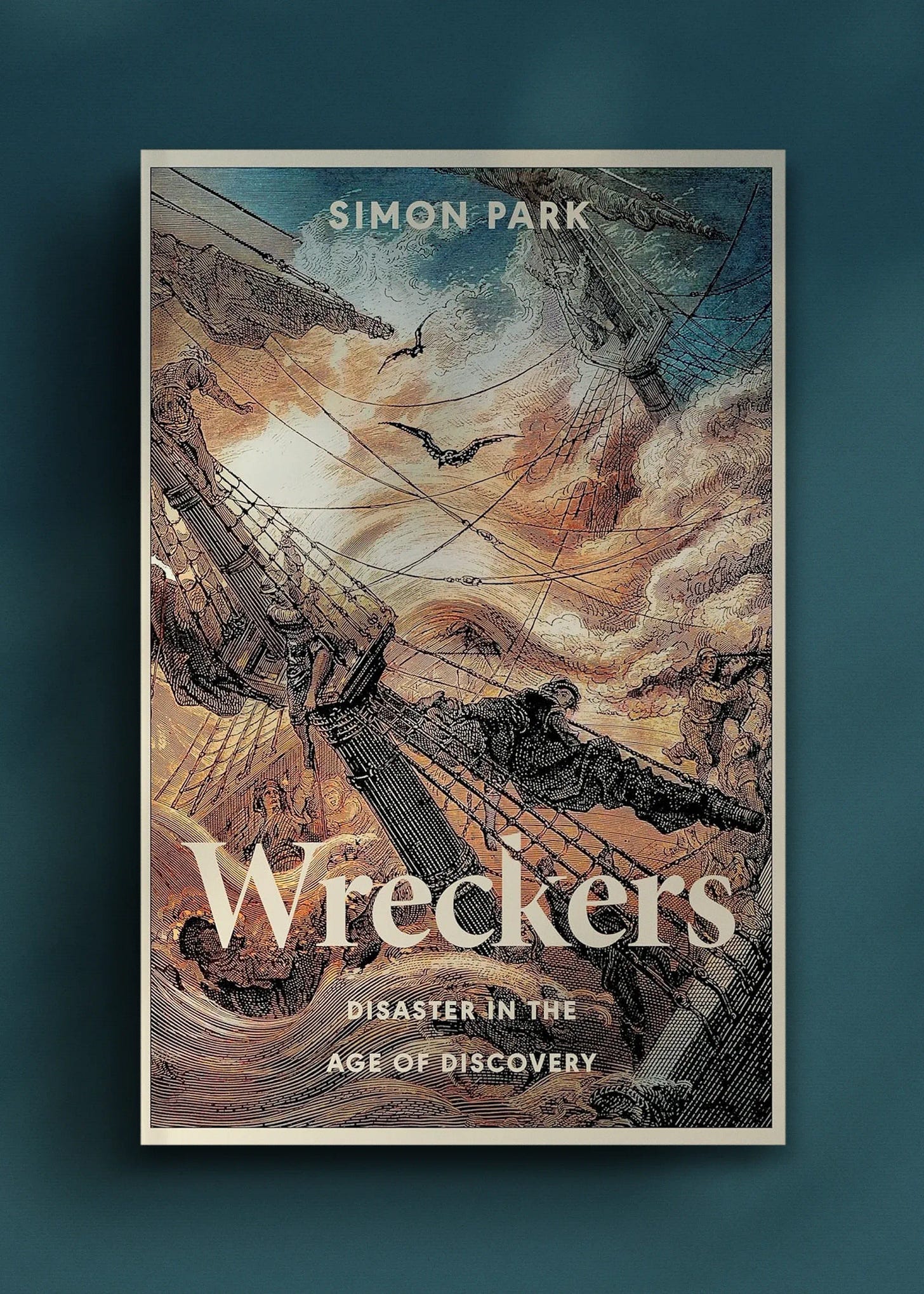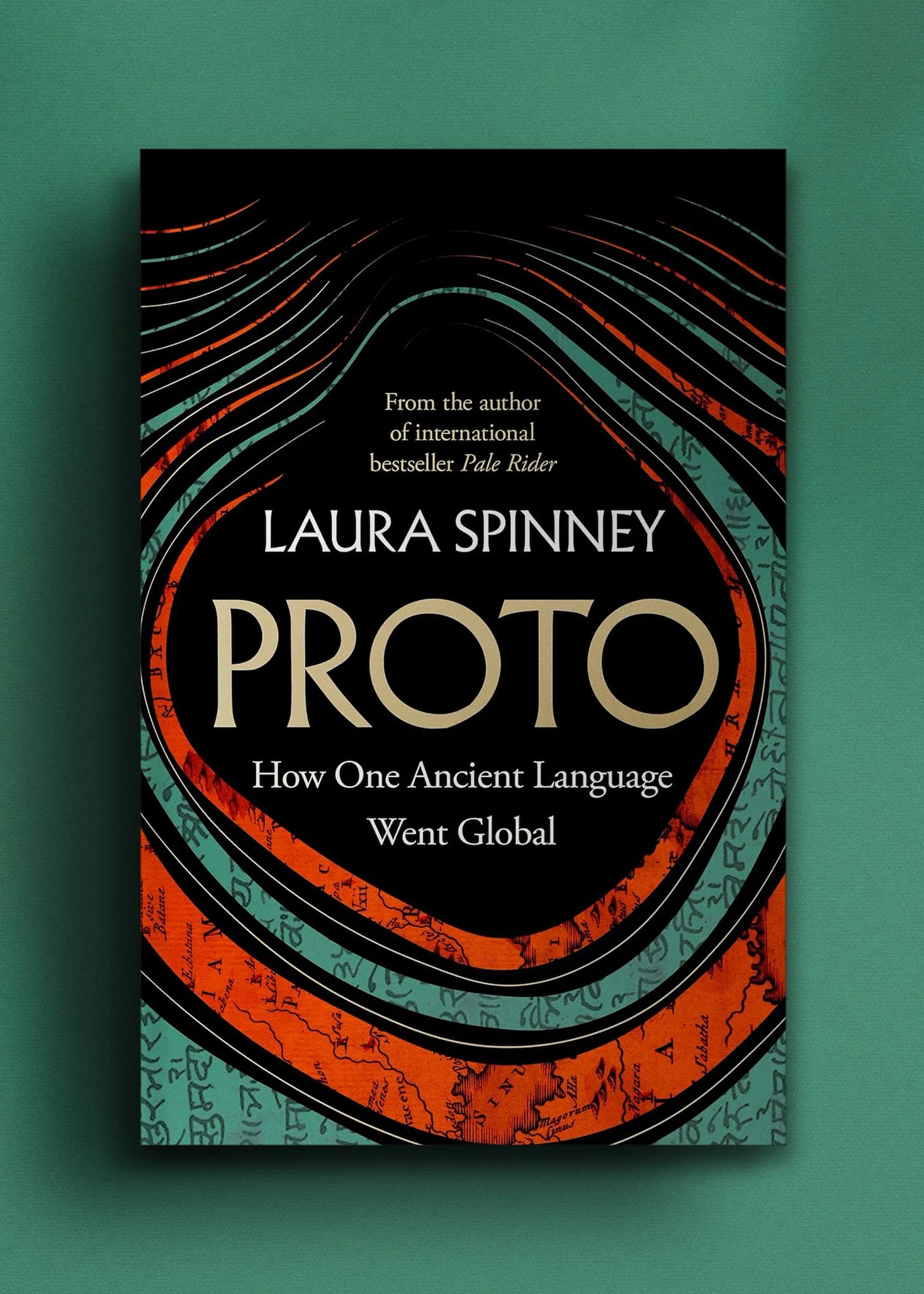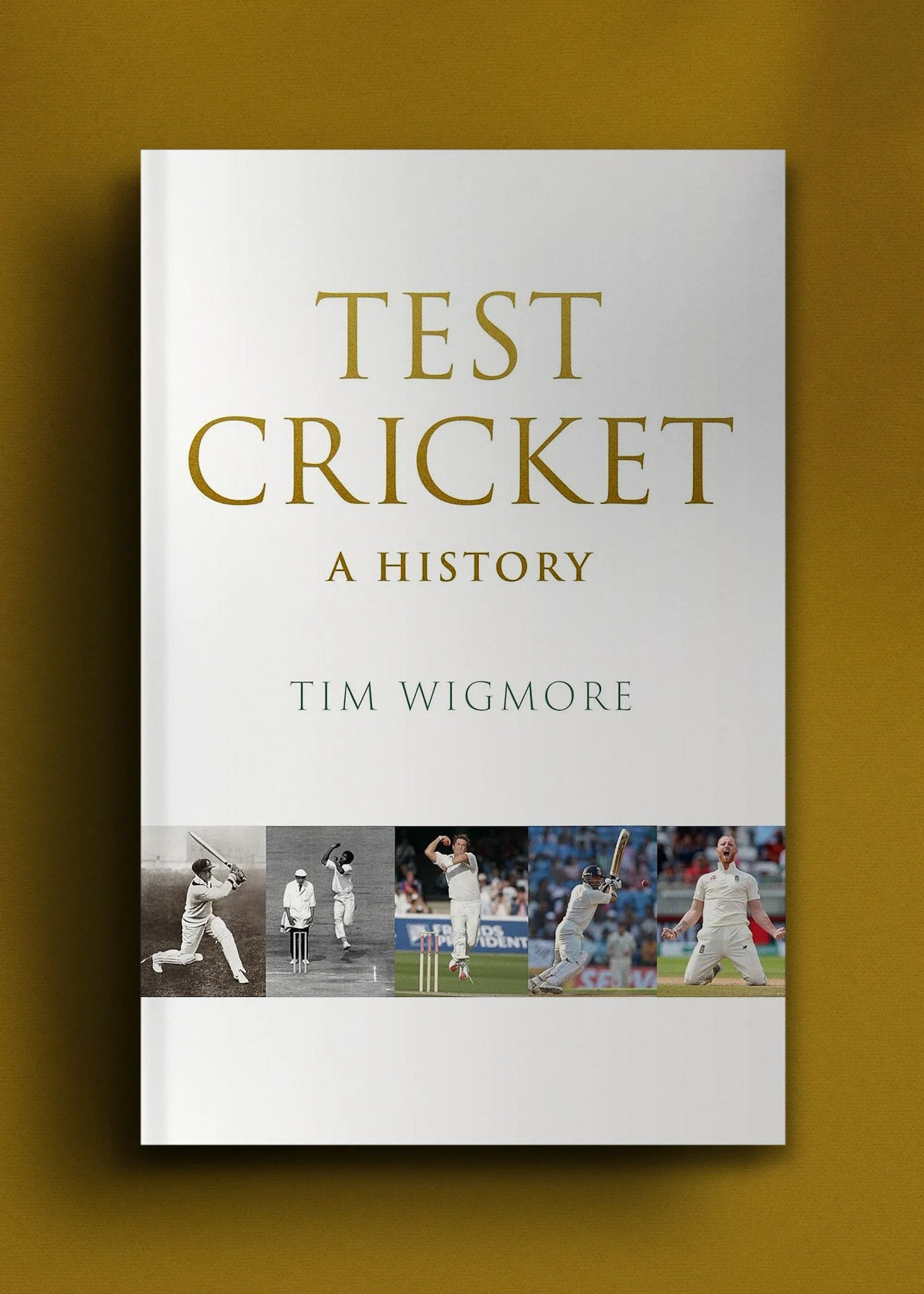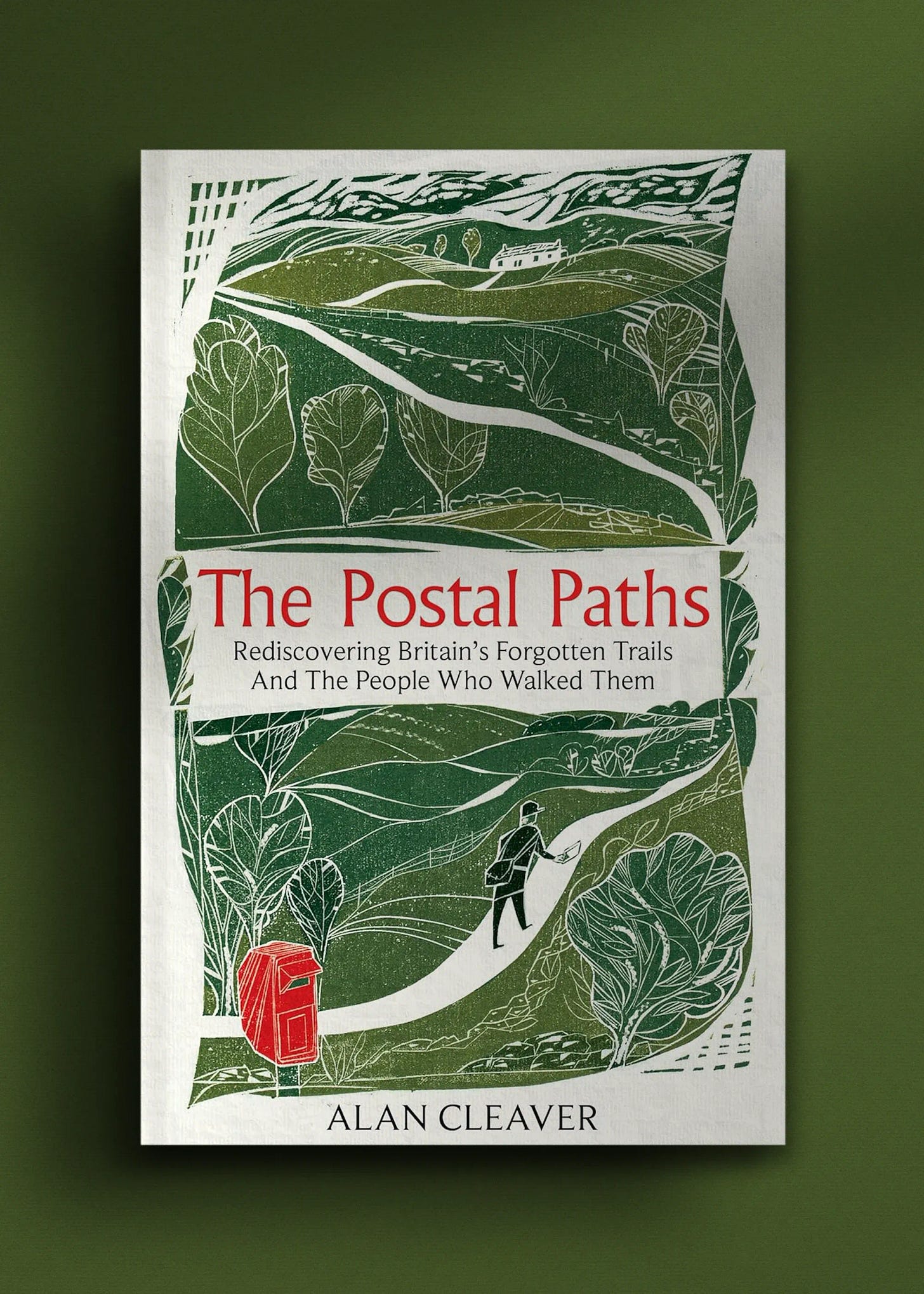Here is a selection of anticipated new history books that will be released over the month ahead.
Unseen Histories relies on your patronage to operate. You can support us by purchasing a book via the links, from which we will receive a small commission. Thank you for your support.
Rome Before Rome by Philip Matyszak
Thames & Hudson, 3 April, 2025
The story of the twin brothers, Romulus and Remus, the legendary founders of Rome, is an instantly familiar one to all readers of ancient history. But for those looking for a more sophisticated investigation into how the Romans created their sense of self-identity, Philip Matyszak’s new book is the ideal place to start.
As well as Romulus and Remus’s feud, Matyszak explains, Romans also dwelt on the perilous journey of Aeneas who arrived from Troy and became a hero. Then there was the story of the ancient King Picus known for his skill as a horseman, who, according to legend, was transformed into a woodpecker by the enchantress Circe.
In Rome Before Rome Matyszak picks his way through rich stories like these, as well as the historical texts written by Plutarch, Livy and Dionysius, as he seeks to enchance our understanding of how the great figures like Caesar and Cicero made sense of themselves.
Saint Petersburg by Sinclair McKay
Viking, 10 April, 2025
A succession of books have appeared since February 2022 that seek to understand the Russian mind. Sinclair McKay's Saint Petersburg is the latest addition to this genre and his approach is an appealing one. His book is ostensibly the story of a single city, but in this one story is contained much of the explanation for what is happening in Russia today.
In comparison with Kiev and Moscow, Saint Petersburg is a rather recent construction. Famously founded as 'the Window on the West' by Peter the Great in 1703, McKay nimbly reminds us that windows operate in two directions.
Much of the book is focussed on the city's most traumatic moment - the Nazi siege of 1941-4. This was a staggering, shocking event that remains unparalleled in world history. In just one winter, for instance, around a million inhabitants perished from hunger.
In this sacrifice, this 'defiance', the people of Saint Petersburg left a powerful legacy. This inheritance is felt, McKay points out, by few more strongly than Vladimir Putin who was born in the city in 1952.
The Accidental Soldier by Owain Mulligan
Hodder, 10 April, 2025
The Accidental Soldier offers readers something quite different to the usual sober, serious works of scholarship. A playful memoir, it focuses on the unlikely adventures of Owain Mulligan, who leaves behind a conventional life in the UK to begin a period of service in Iraq and then Afghanistan.
These conflicts have had a powerful impact on the history of our times and Mulligan's witty, observational and accessible narrative frames an irreverent view of them. Ranging from the alarmingly frank to the darkly comic, the book succeeds in conveying the strange reality of life in today's army. Indeed The Accidental Soldier does very much for the British Army what Adam Kay's This Is Going to Hurt did for the NHS.
This tone is captured in the subtitle, 'adventures from quite near the front line', which turns out to be rather a lively place to be.
The North Road by Rob Cowen
Hutchinson, 17 April, 2025
Readers will remember Rob Cowen from his sensitive, meditative nature book Common Ground, published almost a decade ago. In that Cowen told the story of one isolated and forgotten portion of land on the outskirts of a community. In The North Road Cowen brings the same thoughtful approach to a much broader subject: the old North Road.
Today's A1 follows the route of this ancient artery that connects that capitals of England and Scotland and runs for hundreds of miles through counties like Cambridgeshire, Yorkshire and Northumberland.
So much has passed along this route since Roman times - armies, traders, adventurers, highwaymen. As he walks the old 'ghost road', Cowen excavates these stories and layers them with his own. As with Common Ground this is an evocative and powerful reminder of the stories landscapes hold.
Mythica by Emily Hauser
Doubleday, 17 April, 2025
Continuing the trend established by Daisy Dunn's The Missing Thread and Joan Smith's Unfortunately She Was a Nymphomaniac - books that sought to elevate the profile of women in the classics - comes Emily Hauser's Mythica.
Hauser is among Britain's brightest young academics and over the past decade, alongside her scholarly work, she has published a series of novels rooted in the period of the Trojan Wars. In Mythica, her first popular non-fiction work, we find Hauser again investigating the fuzzy line between the known and imagined past. Taking Homer's epic poems as her foundation she sifts its lines, looking for traces of the women 'from Helen of Troy, Briseis, Cassandra and Aphrodite to Circe, Athena, Hera, Calypso and Penelope' who lie behind the drama.
A questing, uplifting blend of scholarship and storytelling, Mythica make for perfect springtime reading.
The Drowned Places by Damian Le Bas
Chatto & Windus, 17 April, 2025
Atlantis. There are few more transporting words. To the author Damian Le Bas the names conjures up the images of 'ruins: columns, arches, towers, walls caressed by soft blue light'. It is the power of this vision that draws Le Bas through the personal odyssey he charts in The Drowned Places, a book that bears similarities in approach to Rob Cowen's The North Road (above).
The legend of Atlantis is well known. The story goes that in a distant time, thousands of years ago, a island located somewhere near to the Straits of Gibraltar was assailed by events. First came a conflict with the Athenians. Later an earthquake destroyed the island, sending it collapsing beneath the waves.
The Drowned Places has something of the old quest for Atlantis about it. But more than this it is an exploration of Le Bas's love for diving, his investigation of strange and enchanting underwater worlds from Shadwell Basin to coastal Spain. This is a book of passionate feeling, written with great nimbleness and flair.
Wreckers by Simon Park
Viking, 17 April, 2025
'The Age of Discovery' is a term filled with awe and energy. It has traditionally been used to describe the years following Columbus's 1492 voyage, when a series of intrepid Europeans struck out into the blue with more courage than knowledge.
It is this orthodox telling that Simon Park, an academic at the University of Oxford, riffs against in his bright and eloquent Wreckers. So much for the traditional story, he counters. The voyages that followed Columbus's - da Gama's, Magellan's and so on - were far more likely to end in catastrophe or embarrassment than success.
To illustrate his argument Park has plucked out a dozen or so stories that tell of the 'disasters in the Age of Discovery'. In these accounts are tales of shipwrecks, maroonings, cannibalism and business speculations gone wildly wrong. Arranged in a chronological narrative that unfurls over the century following 1492, Park's book is both a brilliantly researched work of global history and a brisk corrective to the old, now exploded 'discovery' narrative.
Proto by Laura Spinney
William Collins, 24 April, 2025
About 8,000 years ago, somewhere near the Black Sea a language known today as 'Proto-Indo-European' emerged. The huge impact of this appearance is neatly captured by the fact that around half of the world's population speak languages descended from it.
This language, known in shorthand as 'Proto', is the subject of Laura Spinney's new book. Spinney is a science journalist who is known for her study of the 1917 'Spanish Flu' pandemic and here she brings the same inquisitive style to the riddle of how one ancient language triumphed over the rest.
Spinney is not the first to be engaged by this alluring question. For three centuries scholars have been obsessed with the subject, which is regarded as something of a 'big bang moment' by linguists. Much revolutionary new scientific work, however. conducted over the past decade has provided insights that have long evaded academics. All this is engrossingly described here.
Test Cricket: A History by Tim Wigmore
Quercus, 24 April, 2025
The coming of April marks the opening of another cricket season. This great summer sport (now the second most popular sport on the planet) has generated much fine writing over the years from authors like Gideon Haigh and Mike Brearley - authors who have investigated the game's cultural history and psychological challenges.
Today the sport is evolving fast, with white ball formats that draw huge television audiences and commercial sponsors. But the true essence of the game, all purists agree, remains the traditional five day test match.
The history of this format is the subject of Tim Wigmore's new book. From its sketchy beginnings, through the years of Bradman, Hutton, Richards, Tendulkar and Warne, this is a work bursting with characters and anecdote. With an England test series against India planned for the summer, what better preparation is there than this?
The Postal Paths by Alan Cleaver
Monoray, 24 April, 2025
One day in 1912 a fifteen year-old postal delivery worker called Hannah Knowles set out on the first day of her round in Eskdale, Cumbria. Knowles was short and wiry, just 4ft 8in, and she came to be affectionately known as 'La'a Hannah' as the years passed. From the days of Lloyd George to those of the Beatles, Knowles kept pacing her route, only retiring in 1973 having taken just three sick days.
Characters like Hannah, who used to walk the 'postal paths' were once at the heart of local communities. And they were more than the conveyers of knowledge; they were a source of familiarity and cohesion. In this charming work of social history, Alan Cleaver unearths the stories of many like Knowles who carried their postbags for mile after mile, every day of the year.
See-sawing across the British Isles and throughout the twentieth-century, the book is a stirring reminder of what we have lost in our own digital age.
You can read all our upcoming history book previews, here.
Subscribe to Unseen Histories for the very best new history books, read author interviews and long-form pieces by the world’s leading historians.


